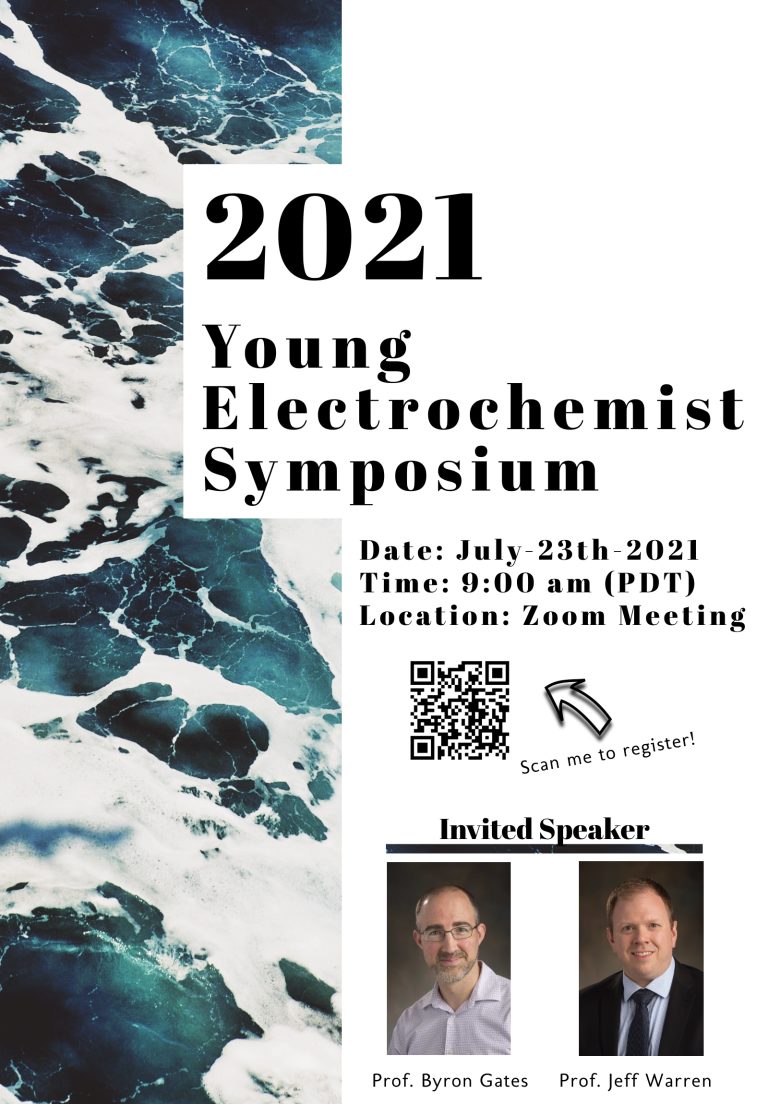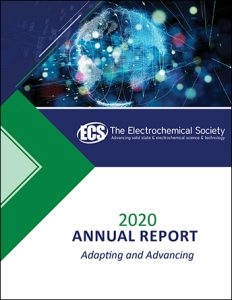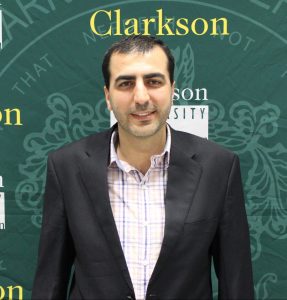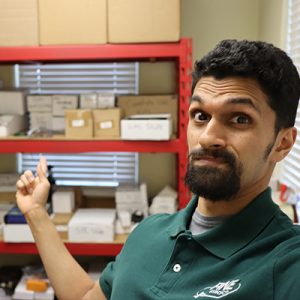ECS Sensors Plus
 The Electrochemical Society (ECS) is seeking candidates to serve as the founding Editor-in-Chief (EIC) of ECS Sensors Plus, a journal in the process of being launched in 2021.
The Electrochemical Society (ECS) is seeking candidates to serve as the founding Editor-in-Chief (EIC) of ECS Sensors Plus, a journal in the process of being launched in 2021.
ECS Sensors Plus is a multidisciplinary, open access journal that provides an international platform to publish high-quality impactful articles and promote scholarly communication and interactions among scientists, engineers, and technologists whose primary interests are focused on mechanisms, materials, structures, properties, performance, and characterization of sensing and detection devices and systems, including sensor arrays, networks, and actuators. The goal of ECS Sensors Plus, as a one-stop shop journal for sensors, is to advance the fundamental science and understanding of sensors and detection technologies for efficient monitoring and control of industrial processes and the environment, and improving quality of life and human health.
Nomination timeline
Nomination submission opens: May 18, 2021
Nomination submission closes: June 17, 2021
Extended – Nomination submission closes: September 1, 2021
(more…)











